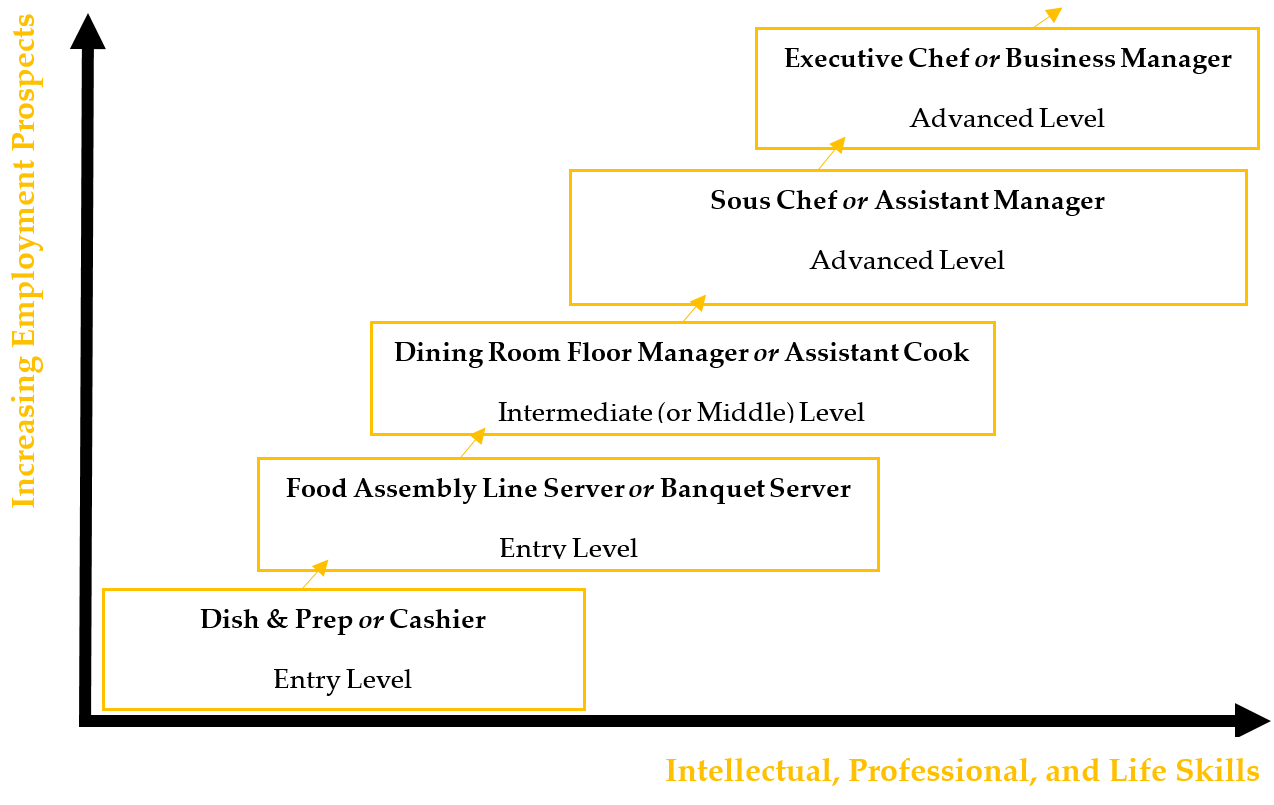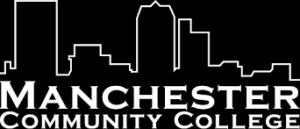Plan of Action
There are no strict educational or training requirements to become a cook. For most, knowledge and skills are gained during those long hours in the kitchen. However, those who want to reach the pinnacle of the profession could be well served by choosing a culinary degree in addition to an apprenticeship. Based on a year-long curriculum that imports a robust set of general education requirements, like math and writing, alongside a specialized culinary itinerary that hummers home the practical skills needed to succeed.
We as a team decided to try and resolve this problem in two ways.:
First, we envisioned a career pathway for Culinary Arts that is equivocal to the modern day pathways used by the two dominant careers in Hartford today: Healthcare and Manufacturing. Right now culinary workers are getting stuck at an entry-level position in Hartford. With the use of this hybrid pathway, we as a team can aid in remediating that and get workers to that middle-level position.

The second part of our action plan is creating a new framework for a Culinary Job training program here in Hartford.
Curriculum
With the research done we suggest Billings Forge partner with Manchester Comunity College to create a sufficient curriculum.

Partnering with Manchester Community College allows Program participants to gain the training they wanted. partnering with Manchester College can play out in two ways:
1st Option: A Scholarship Opportunity for program participants to take Culinary classes to reach past entry and intermediate jobs. this form of education will equipped participants to network and gain pertinent information for opportunities that range past the industrial kitchen.
2nd option: Much like Green Opportunities partners with Asheville Tech to provide an instructor Billings Forge can attempt to do the same with Manchester College.
we suggest that the curriculum model that of the staples presented earlier but also put an emphasis on the importance of networking and Soft Skills
Community Outreach and Partnerships
One thing we saw that worked well with program partnerships were private partnerships that helped in providing experiences for their program participants.
community partnerships can range from:
- internships with local restaurants
- community dinners
- student-led food trucks, restaurants, and pop-ups
- case management for participants
- stipends for participants
All of these options are forms of partnerships observed by our team.
